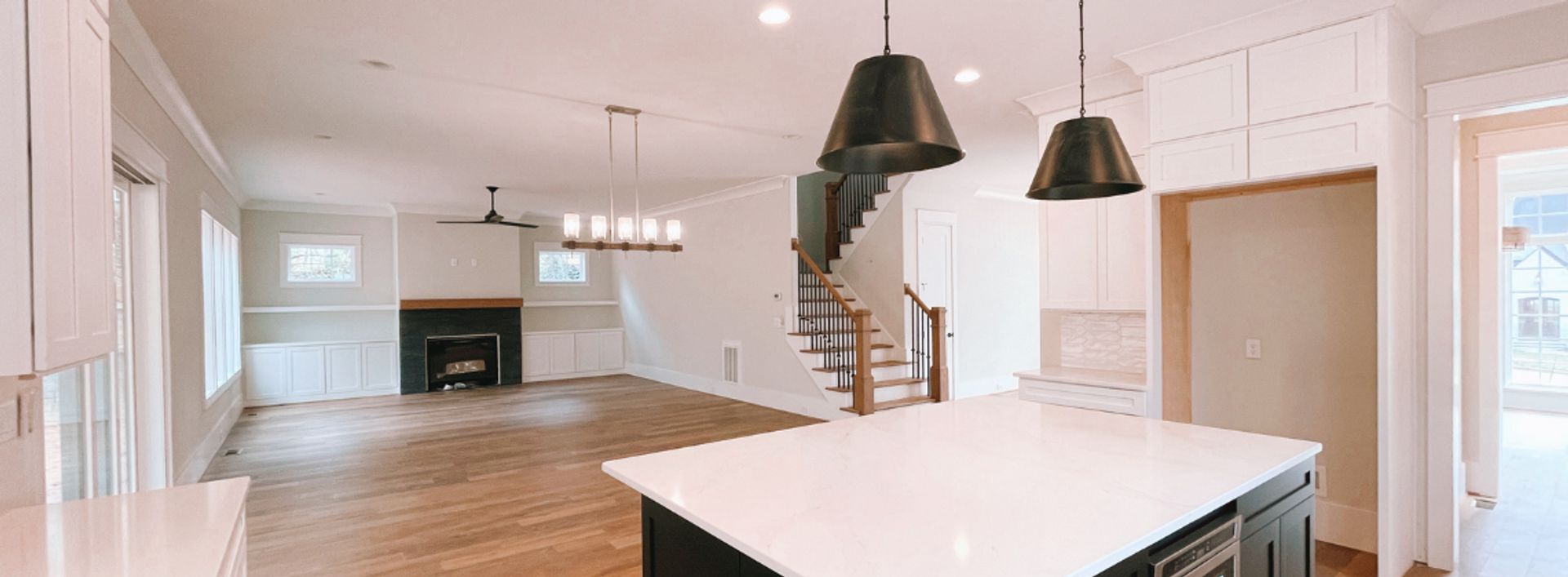10-11-2022
Rental under vacancy law
Under the Leegstandwet, houses are rented out that are on the verge of demolition, renovation or sale. For this temporary letting, the landlord must apply for a permit from the municipality.
When is it allowed?
The following housing may be rented out under the Leegstandwet:
- house for sale by a private owner (an owner may rent a maximum of 2 owner-occupied houses at the same time)
- rental home for sale
- rented accommodation (e.g. from a housing association) which will be demolished or substantially renovated in due course
- housing in a building (e.g. office or school) that is awaiting rezoning, sale or renovation.
How long does it last?
The rental agreement lasts for a minimum of six months. A minimum period of three months applies to rental properties for sale only. After that, either the tenant or the landlord can terminate the contract. Tenants have one month's notice and landlords three months. For landlords, the notice period for temporary rent in rental properties for sale is only two months. The maximum term of the lease is equal to the period of validity of the Leegstandwet permit.
How long is the permit valid?
A municipality can grant a permit for five years at once (only for private homes for sale) without the possibility of extension. Or for up to 10 years at once without the possibility of extension in the case of buildings with an environmental permit for which temporary deviation from the zoning plan has been applied for. The duration of the Leegstandwet permit is then as long as that of the Omgevingsvergunning. In other cases, a permit is issued for no more than two years. For permits valid for two years, annual renewal can be requested by the landlord. As a result, the two-year permit can be extended to a maximum of:
- 5 years - private homes for sale
- 7 years - rental properties being demolished or renovated
- 10 years - buildings for which a temporary derogation from the zoning plan has been applied for
Landlords may apply multiple times for a permit for the same property. However, this is subject to a condition. In order to prevent the Leegstandwet being abused to rent out properties for long periods with temporary contracts, there must be at least five years between both applications without such a permit.
What must be in the contract?
Rental contracts under the Empty Homes Act must always be in writing. The contract must state:
- That it is a rental contract under the Empty Homes Act
- The period for which the Leegstandwet licence was granted
- If it does not concern a owner-occupied house, it must also state the maximum rental price based on the scoring system.
- If these mandatory elements are not included in the contract, regular rent protection will (still) apply.
Does the tenant have rent protection?
Not always. The point system and the maximum rent increase do not apply to privately owned properties for sale. For these properties, the owner may decide at what price to rent. The owner is not bound by the maximum rent under the point system. Tenants of these properties cannot go to the Rent Commission to have the rent assessed for reasonableness. Tenants of dwellings to be demolished or renovated can. The point system simply applies to these properties.
When does the rental agreement end?
The temporary rental contract ends automatically when the Leegstandwet permit expires. Notice of termination is not required. Of course, the landlord or tenant must give notice if they want to terminate the lease earlier. If the tenant continues to live in the property after the temporary lease expires with the landlord's consent, a regular lease with rent (price) protection arises.
What if the landlord does not notice that the permit is expiring?
It can happen that an Empty Premises Act permit has expired and a landlord does not notice. If the tenant continues to pay monthly rent and the landlord accepts these payments, then the temporary lease under the Empty Premises Act has changed to a regular lease with rent protection. Usually, landlords keep a close eye on the deadlines to avoid this.
What if the landlord offers an anti-squatting contract after the temporary tenancy?
It regularly happens that demolition, sale or renovation is postponed while the property is still occupied by a temporary tenant. Landlords who want to prevent temporary leases from turning into regular leases with rent protection then often offer their tenants loan or anti-squatting contracts. Or they insist that the tenant switch to an anti-squatting contract with an anti-squatting agency. If this happens to you as a tenant, do not simply accept this. Seek advice from the Woonbond about your legal position. After all, you are then no longer a tenant (anymore) and your legal position is therefore (even further) weakened. Remember that you are (or remain) a tenant if the rent payment continues. This is because anti-squatting and loaned accommodation only exist if there is no (more) payment for the use of the accommodation.
Rental under Vacancy Act The Hague
We can also be of service to you when renting out under the vacancy law. Contact us to discuss the possibilities.
Source: https://www.woonbond.nl/woning-zoeken-recht/tijdelijk-huren/leegstandwet


 Nederlands
Nederlands English
English
